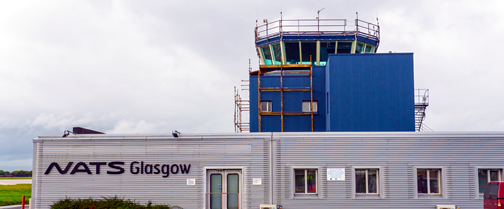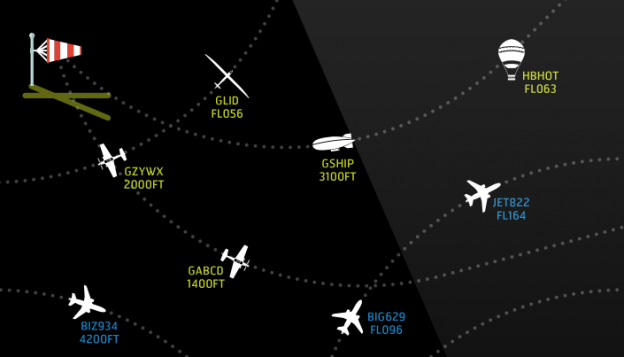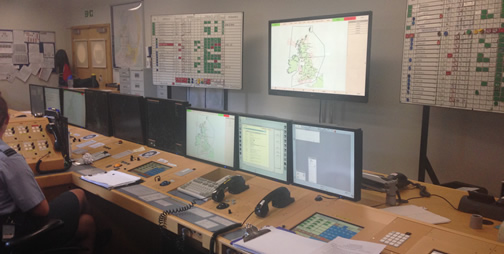New listening squawk for Glasgow
2 April 2015Not only do airspace Infringements pose a risk to the safety of aircraft, they can also cause delays to commercial aircraft, and backlogs at airports.
It requires constant focus to try and keep the number of infringements down. At Glasgow, we have a lot of recreational General Aviation (GA) traffic particularly as we’re a gateway to the beautiful Scottish scenery of the west coast.
While flying should be fun, we all have a responsibility to make it safe not only for ourselves but for others too. That’s why, on the 2nd April 2015, Glasgow Airport will be allocated a listening squawk of 2620. A listening squawk is a code that can be entered into a GA aircraft’s transponder when flying near controlled airspace around an airfield. This makes the aircraft show up on the Glasgow air traffic control team’s radar and, when the pilot then dials in the correct frequency, they can also listen into the Glasgow team’s radio transmissions. The pilot can then monitor the approach frequency of that unit but not transmit. In the case of Glasgow, this frequency will be 119.1Mhz.
The radar controller will see the monitor squawk on their radar screen and know that the aircraft is listening to them. If the controller observes that the aircraft has, or is about to, penetrate controlled airspace then they can try and call the aircraft and make contact. The aircraft can then be officially identified by the tower and navigated to safety.

This is a much quicker way of dealing with the problem of infringements, and commercial aircraft are less likely to be impacted. Additionally, the use of a listening squawk demonstrates that a pilot is being proactive in safety, which would be taken into account when deciding whether to pursue prosecution if an infringement does occur. Listening squawks are being used at several airfields throughout the UK.
The introduction of the listening squawk is just the latest in a series of initiatives Glasgow Airport is taking to improve relationships with the GA community. We’ve hosted four visits to the airport so far and have plans for more, giving flying clubs the chance to come in and see how our operation works and increase understanding of the dangers of infringements. Feedback from the events has been highly positive, and we’re also planning to visit clubs ourselves to build relationships and raise awareness still further.
Comments
Please respect our commenting policy and guidelines when posting on this website.



